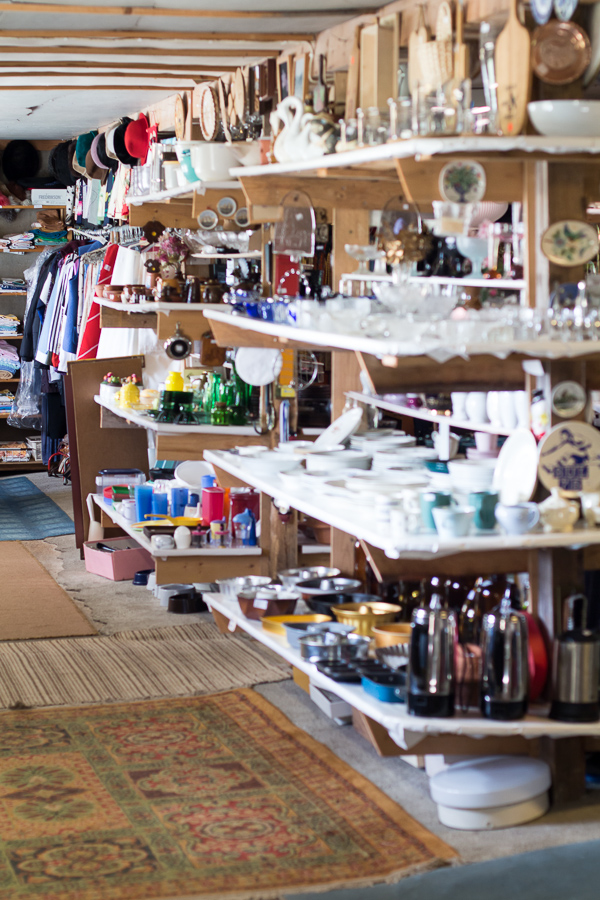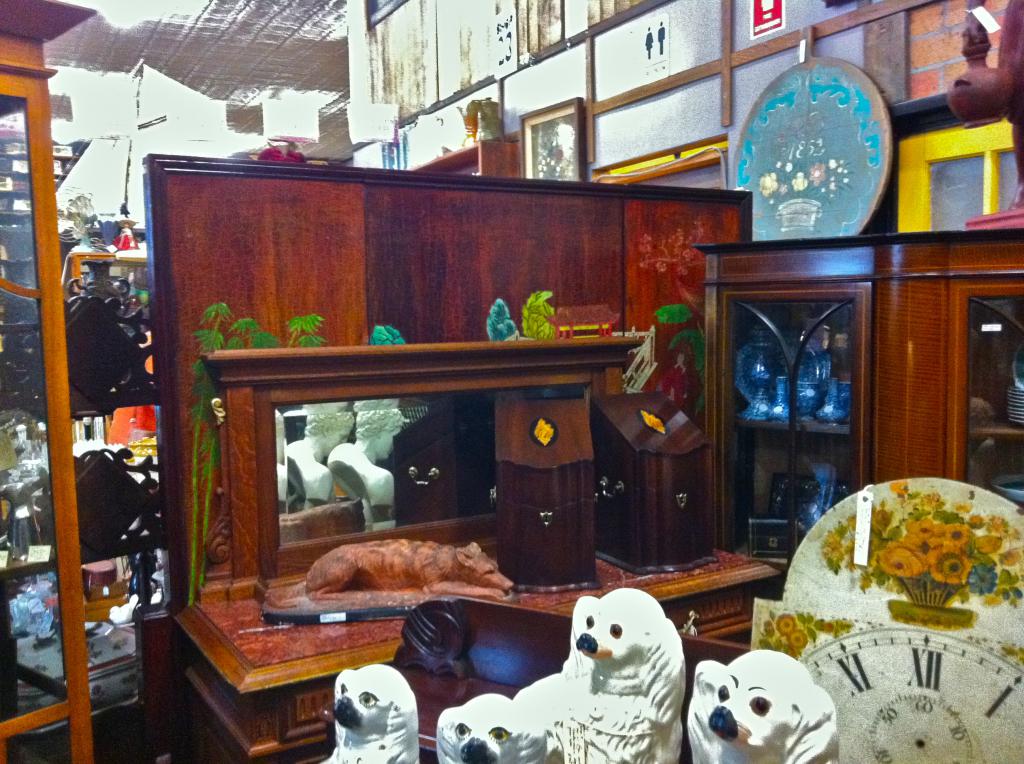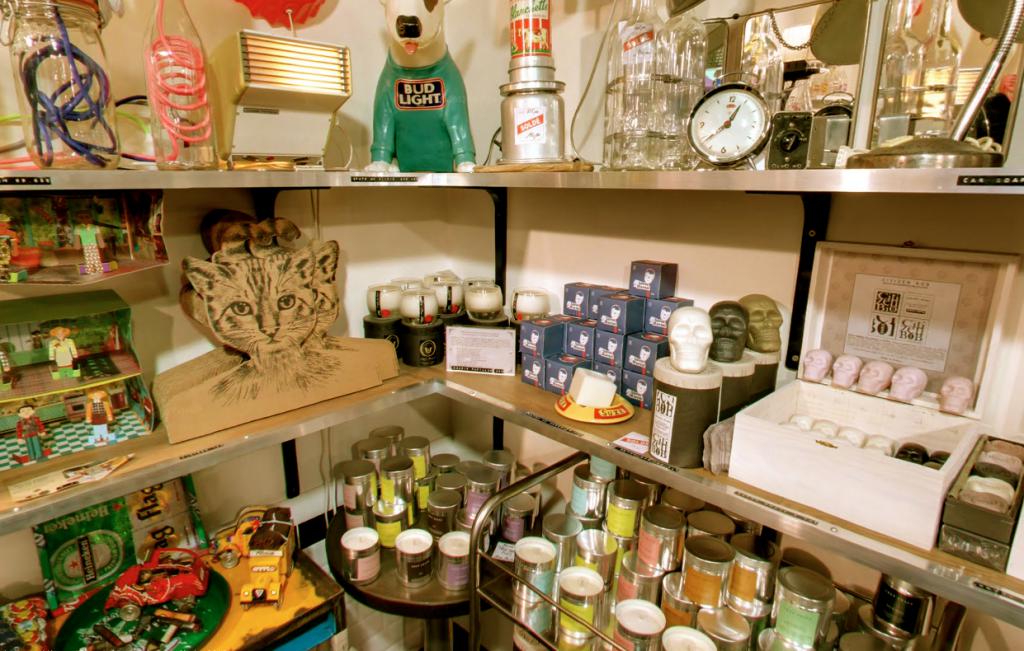Commission trading is a form of sale of goods in which a transaction is concluded on behalf of an intermediary. The results of the transaction are sent directly to the former owner of the item. The benefit of such cooperation for the intermediary is to receive a pre-agreed remuneration. Sometimes a specific amount is immediately set, sometimes a percentage of the price for which the object was sold is assigned.

Both with you and with us
At present, the organization of commission trading is a widespread practice in various countries on the territory of our planet. As commissioners, there are usually such enterprises that have already managed to create a good reputation for themselves as reliable market participants. Customers, who have not yet gained fame among the public, can, on fairly favorable terms, enter into a transaction for the sale and purchase of products using the services of a commission agent.
There is a wholesale and retail commission trade. The first option is most relevant for industrial enterprises. If a company has stock surpluses of a product and needs to quickly sell stocks, it is most convenient to enter into a deal with such an intermediary. This option will be most beneficial when selling a standardized product. An intermediary concluding wholesale transactions often often plays the role of a supplier for an industrial facility, since it is to such legal entities that it is easiest and most profitable to purchase goods from agriculture used as industrial raw materials.
I don't need so much
A thrift store may engage in retail transactions. At such a point, it is equally possible to purchase goods that have already been used and to make new products. Often, points are taken for sale of raw materials produced in agriculture, finished products. The practice of cooperation on this logic among cooperatives, markets, and collective farms is widespread. Individual traders supply a grown, produced by them product, which is organized for sale, for which the intermediary receives a certain percentage as a reward.
To work - only officially
In order to avoid misunderstanding, attempts to violate the established conditions, a commission trade agreement is concluded. The document will subordinate all aspects of the relationship between the parties to the transaction. The commission agent undertakes obligations for the operation in accordance with the commission of the principal. For this, a certain reward is stipulated. In one arrangement, several transactions may be mentioned. These are carried out on behalf of the commission agent, but material support is the responsibility of the principal.

The rules for trading commissary goods provide for the fulfillment of all obligations undertaken by the parties and declared by the signed agreement. The commission agent indicates that he plans to conclude a deal on such terms that are most beneficial to the client. If it was possible to sell the product for an even higher price than was agreed by the client, profits beyond the plan should be divided between the parties to the transaction. If the parties are interested in another mechanism for directing profits in excess of the previously predicted, you can indicate this when concluding an agreement in the documentation.
Everything is spelled out
In order for commission trading to meet the requirements and expectations of all interacting parties, at the stage of agreeing on the rules for concluding a transaction with respect to the goods, they stipulate the time period for which the operation should be carried out. You can specify specific dates or the number of days from the date of actual transfer of the product to the store, or you can even specify that there is no deadline in principle. Another option is to consciously refrain from mentioning this fact, which is equivalent to specifying a contract for an indefinite period.
The current rules of commission trade allow an indication as to which site, territory, and at what address the transaction should be implemented. If such a form suits everyone, a contract is concluded without mentioning this condition. The commission agent retains the right to conclude an additional agreement with a third party in order to transfer the product to him according to the logic of the subcommission. This is not possible if the primary contract contains a ban on delegation of authority. When transferring obligations and product to the principal, all responsibility lies with the commission agent. It does not matter who performed the operation - he or the subcommissioner. Regarding the third party, the commission agent turns into a committent with obligations and rights arising from this.
Responsible approach
For the commission trade to be successful, you must have all the goods intended for sale in the access area, preferably in the store. Therefore, it is important in advance to consider the availability and equipment of storage facilities, designed not only for the long-term finding of sufficiently large volumes of products, but also designed in such a way that it is convenient to accept and ship items, sell, and, if necessary, process them. This format for the sale of goods implies that the commission agent is responsible for the entire product accepted and must take care of it, store it in the conditions required for a particular name.
The rules of the commission trade of the Russian Federation allow lending to the client, the provision of additional services, but strictly under the responsibility of the commission agent. The store can provide services in the form of regular transmission of information, market information, help to conclude contracts with transport enterprises and assist customers in other ways.

Is it more convenient for you?
The easiest way is to keep records of goods in commission trading, when all products are before the eyes of the commission agent, but in each individual case it is possible to agree with the principal in such a way that the items will be directly shipped to the client from the warehouse of the primary supplier. Recently, this practice has become increasingly widely used, since the accounting operation is carried out through electronic systems. Constantly cooperating enterprises can create a common database, which makes the calculation process much easier, and the likelihood of errors is minimized. On the other hand, a customer acquiring several positions from different committees may be unhappy with the need to receive different products at different addresses.
It is most advantageous to organize commission trading through the warehouse of committees, when the store provides commission services for large products, goods requiring large space for placement or expensive equipment to ensure adequate storage conditions. Often the situation is such that only the provision of conditions at a price is comparable or exceeds the profit from transactions, therefore the commission agent cooperates with the principal using its warehouse capabilities.
What about the money?
According to the rules of commission trading, already at the stage of concluding an agreement between the supplier and the commission agent, it is necessary to determine how the remuneration will be calculated, how it must be transferred, in what form to transfer financial amounts.A whole complex of important factors plays a role, of which the most significant one is the variety of products intended for sale.
As can be seen from world practice, the sale of commissioned goods with the lowest percentage of profit for a commission agent is the implementation of a simple, homogeneous product that does not have technically complex elements or structures. This includes raw materials. If the product belongs to the category of complex goods, you can count on a decent commission, but the costs associated with operations will be more. In any of the options there is a chance that the commission agreement will be unfulfilled for reasons that the principal cannot influence. In such a situation, the commission agent retains the right to receive remuneration and compensation for expenses associated with the agreement.

Current approach
Recently, the rules of the commission trade in non-food products have been of greatest interest, since it is precisely this sphere of production that is especially widely demanded among the general population. From the current standards established at the federal level, it follows that, using this logic, it is possible to implement not only new products, but also those that were previously used. The main condition is a sufficient level of quality, that is, the product must be suitable for further operation as intended. Accept only such items that do not need repair, restoration. All products must meet hygiene standards, sanitary conditions, safety requirements regarding health, life of the end user. Reception cannot be denied only on the basis of a worn product, if it is still suitable for its intended purpose.
The law does not allow such trade in commissioned goods, the objects of which are objects prohibited for free distribution, as well as those withdrawn from circulation from ordinary citizens. It is necessary to take into account all the laws that are relevant at the moment.
About restrictions
When commission trading, the following information should be taken into account: in no case should you take weapons (official, military) from an interested client for its further implementation. The restriction also applies to uniforms in special uniforms, equipment developed for the army, and other products of the military commodity range.
If the principal offers gas equipment for sale, it can only be accepted if there is documentation confirming the completion of the examination procedure. Certificates should be issued exclusively by specialized services responsible for the gas industry.

Expensively rich
When organizing commission trading, it is also necessary to take into account the fact that it is forbidden to sell animal skins through this format if they do not have the manufacturer's mark on them, as well as various items related to jewelry. These are unprocessed stones that have passed certification of precious metal ingots and precious metal products that are not sealed with a mark. Products made from precious metals, precious stones, amber, bog oak cannot be accepted from legal entities. The law prohibits the sale through commission stores of processed, faceted gemstones, not fixed in any product, as well as medals, orders, tokens, signs made from precious metals.
Existing laws set restrictions on cooperation with committees trying to submit for sale through a thrift store products intended for medical use, medicines and underwear, stamped by an enterprise, another legal entity.
Safety comes first
All legal types of commission trade in our country assume acceptance from interested parties only of those goods that do not pose a danger to a potential buyer.This imposes restrictions on certain categories of non-food products. For example, you cannot bring lingerie and clothing intended for babies from birth to preschool age, as well as toys made for babies three years of age or less, to the store. The exception is only items packed in airtight protection.
It is forbidden to accept vehicles from the population for sale if fake documentation is attached to it, supposedly confirming registration. Similar restrictions apply to vehicles, the visual inspection of which gives reason to suspect a change in individual numbers. If the goods were brought by a minor citizen aged 8-15 years, items can be taken from him only with the official consent of the guardian, parent, adoptive parent.
Everything is official
In order to arrange the acceptance of the product from a private person correctly, the representative of the commission store is required to present a passport or other form of identification document of the applicant. If a legal entity is interested in concluding a transaction, it is necessary to check the correctness of execution of a representative's power of attorney and a full list of invoices. Documents must be correctly filled out, issued in accordance with applicable federal rules of office work.
If the product is presented as a new seller by the primary seller, the representative of the commission store is obliged to check the availability of certificates for it, as well as to clarify the fact of passing the mandatory certification declared by law. The responsibility of the principal is to provide supporting documentation proving safety and compliance with accepted standards.

Financial aspects
Current legislation establishes taxation of commission trade as UTII. This is due to the belonging of this type of transactions to retail. In order to calculate the tax amounts to be paid correctly, the store’s bookkeeping must keep records, writing down in it all the amounts accepted for sale and products sold. To eliminate possible discrepancies, it is necessary to conclude an agreement with each client, indicating in it all the positions intended for sale, as well as the conditions under which the store can make a deal with an interested buyer.
Often, one client provides the retail outlet with many items at once for sale. The best option for documenting such cooperation is a standard contract, supplemented by an appendix with a complete list of accepted products. The process of concluding an agreement is accompanied by registration of labels.
It's not just that
By signing a sales agreement, the principal and commission agent must come to an agreement regarding the value of the goods. Already at the stage of signing the agreement, the store representative must inform the customer how large the offer is, the demand for the positions presented by him. This allows the client to determine the most favorable price for the product for him. The remuneration received by the point of sale is usually determined as a percentage of the price at which the position was realized.
Additionally, the agreement immediately sets out the conditions for reducing the price and the timing of such an operation. For one position, markdown is possible no more than three times. In a particular case, the commission agent may agree to continue sales attempts, lowering the price further, but the classic option for cooperation is returning products to the client after the third markdown. In this situation, the customer must reimburse the seller for the costs associated with storing the item in the store. These amounts are negotiated at the stage of concluding an agreement.
What to do?
If the store is interested in the presented product and does not violate the current legislation, after concluding an agreement between the principal and the commission agent, following all the formalities of the procedure, you can proceed directly to the sales process. On the day of reception or the next day, the commission agent must already put the product into the room where the goods are available for viewing to potential buyers.
In the area of responsibility of a commission agent - conformity of the declared characteristics and the real state of the product. In order to avoid misunderstanding, the current state is assessed already at the time of receipt of products from the principal. A client who has chosen goods for himself in a thrift store is not entitled to return it back. As an exception, new products that show manufacturing defects that were not identified at the stage of acceptance of the product for sale from the principal. The buyer has only two days to return the position to the store with evidence of his innocence. The principal receives the amounts corresponding to the agreed upon transaction, not the third day from the date of sale or earlier. Money is issued only if the interested person has official identification documents and an agreement signed by the seller and the store representative.
Historical summary
The most active commission trade was during the USSR. Numerous points on the territory of the country accepted industrial goods to effectively serve the population: some had unnecessary items, others needed them, and someone simply collected random purchases. Retail commission points were of particular interest amid a lack of diverse products in ordinary stores. To this day, some say that Soviet commissioners are not just the business of that time, but the expression of an entire era through the prism of social life.

To control the operations, a system of rules was established that regulated the functioning of commission stores. At such points of sale, it was possible to purchase not only used household items, but also completely new products. The work of outlets was closely monitored by the State Trade Inspectorate. Already at that moment it was forbidden to sell items if those were considered withdrawn from the circulation of citizens. It was unacceptable to sell materials for construction, production, equipment, and machines through commission points.
